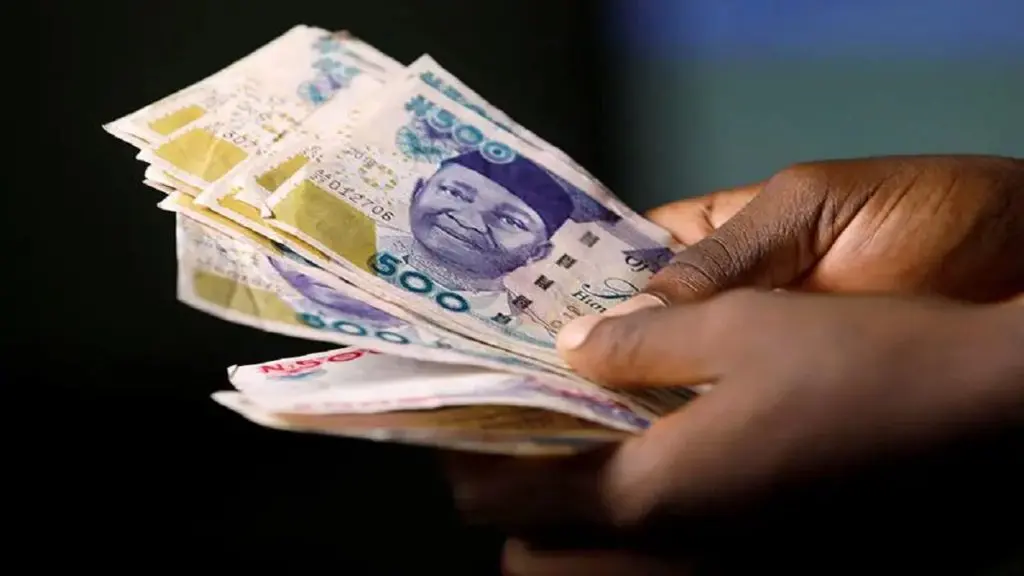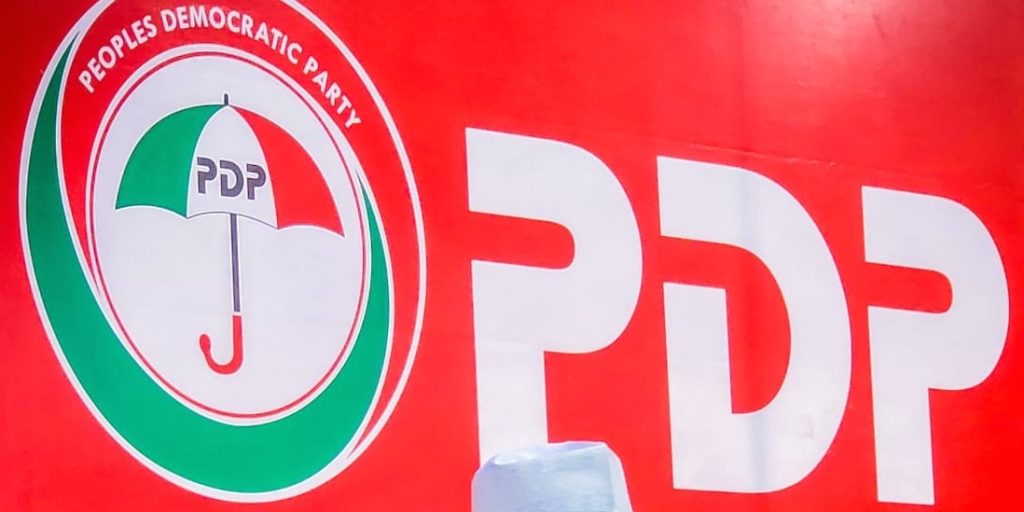South African politician Floyd Shivambu has been formally expelled from the uMkhonto weSizwe (MK) Party, a political group closely associated with former President Jacob Zuma, marking a significant shift in the country’s evolving political landscape. The termination of his roles as leader and secretary-general was confirmed last week through an official notice, freeing him to pursue new ventures in what observers describe as an increasingly competitive arena.
Shivambu, once a prominent figure in the MK Party’s leadership, has since adopted the title of national convenor for the Mayibuye Consultation Process, a movement signaling fresh political ambitions. While briefly trading symbolic combat attire for formal wear, he has clarified that the group intends to contest the 2026 local government elections, with potential expansion to national polls. This could see him rebranded as “convenor-in-chief,” a title reflecting his evolving role.
In a public statement posted on X (formerly Twitter) on August 8, Shivambu accepted his expulsion without reservation. “I hereby fully accept the decision by the MK Party to terminate my membership,” he wrote, emphasizing that his acceptance was “unequivocal and final.” He declined to appeal the decision, citing respect for the party’s internal processes. The post concluded with “Mayibuye iAfrika!”—a rallying cry meaning “Let Africa return,” often linked to anti-apartheid movements.
The development has drawn reactions from within Zuma’s circle. Duduzile Sambudla-Zuma, the former president’s daughter and a vocal MK Party supporter, previously criticized Shivambu as “the worst thing that ever happened to MK.” While she has not yet issued a formal response to his expulsion, her past remarks suggest a fraught relationship, with analysts speculating about underlying tensions within the faction.
The MK Party, founded by Zuma after his split from the African National Congress (ANC), has positioned itself as a radical alternative, leveraging his enduring influence among certain voter bases. Shivambu’s departure raises questions about the party’s cohesion ahead of upcoming elections, particularly as new movements like Mayibuye emerge. His pivot to local governance campaigns could further fragment South Africa’s opposition space, where multiple groups vie for relevance amid economic challenges and public disillusionment with established parties.
Political experts note that Shivambu’s next steps will test his ability to mobilize support independently, especially in municipalities where service delivery and governance failures remain pressing issues. The Mayibuye Consultation Process has yet to outline detailed policies, but its focus on grassroots engagement suggests a strategy targeting community-level concerns.
As South Africa approaches a critical electoral cycle, Shivambu’s expulsion and reinvention underscore the fluidity of its political alliances. Observers will monitor whether his new movement can translate rhetoric into tangible influence—or if it will become another footnote in the nation’s complex democratic experiment.



